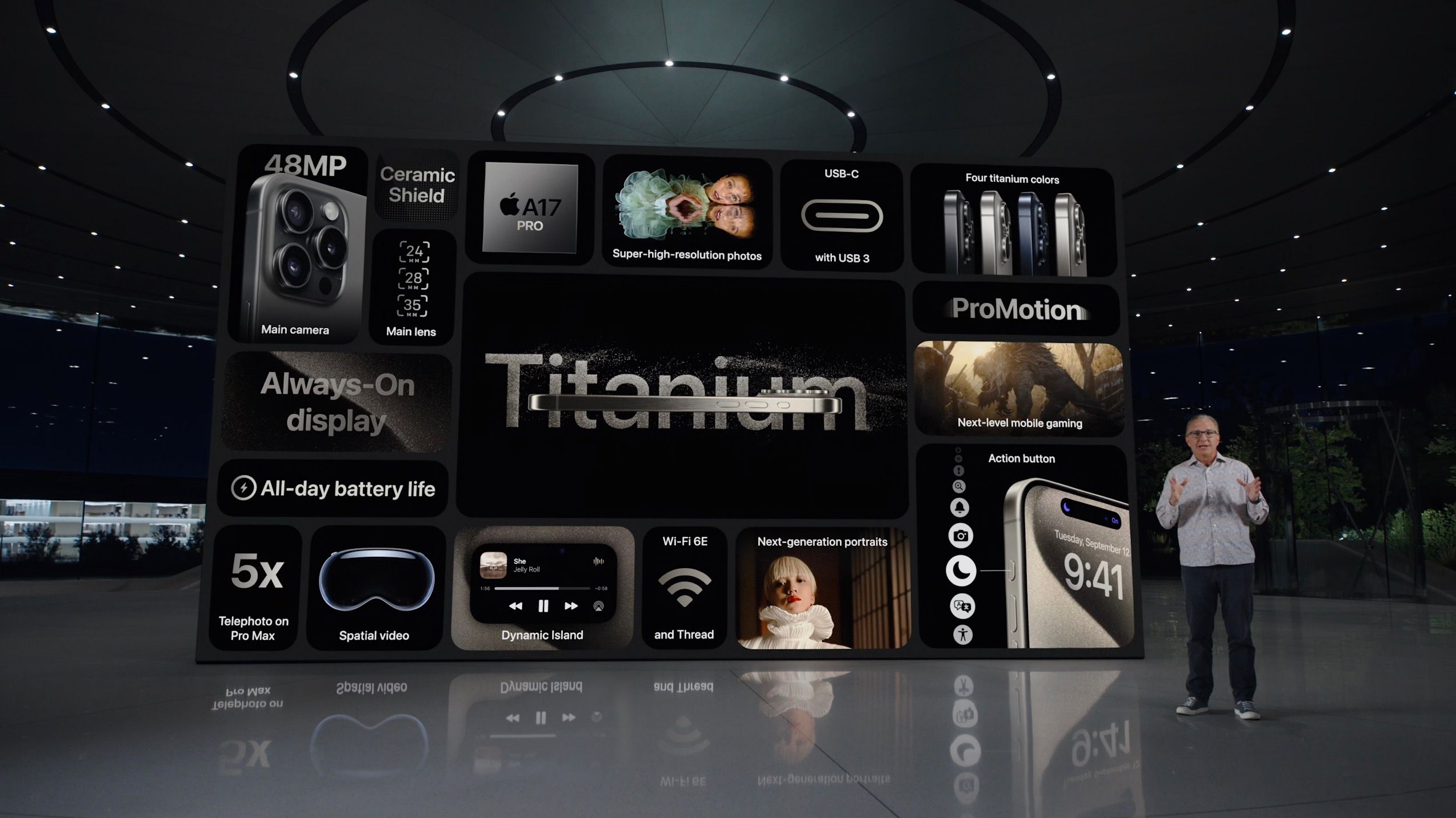Apple's recent unveiling of the highly anticipated iPhone 15 and iPhone 15 Pro has left some fans disappointed, as the phones are missing a much-anticipated silicon chip that the company had spent years developing. The Wall Street Journal reported that Apple encountered obstacles largely of its own making, resulting in a delay in the development of the chip. While Apple's aim was to reduce reliance on Qualcomm as a supplier, the chip's limited success in early tests led the company to exclude it from the latest iPhone models.

Apple's pursuit of a new chip to reduce dependence on Qualcomm can be traced back to a six-year license agreement announced in 2019. This agreement marked the resolution of a legal dispute between the two companies and enabled Qualcomm to continue supplying 5G modems for Apple's smartphones. However, Apple hoped to develop its own modem chip, responsible for connecting iPhones to wireless carriers, in order to gain greater control over this critical technology.
Apple's plans to introduce its own modem chip faced setbacks when tests conducted last year revealed significant issues. The chip exhibited a tendency to overheat and lag behind in terms of speed, rendering it insufficient for the company's quality standards. These issues prompted Apple to exclude the chip from the iPhone 15 and iPhone 15 Pro, as it was not mature enough to meet the desired performance benchmarks.
The decision to launch the new iPhones without the in-house developed chip presents some implications for the company. First, it highlights the difficulties that even tech giants like Apple can face in developing cutting-edge technologies. Developing a reliable and high-performing chip requires extensive research, development, and testing, which can sometimes result in unforeseen challenges and delays.
By excluding the chip from their latest models, Apple has prolonged their dependence on Qualcomm for modem chips, which they initially sought to reduce. This situation may prompt Apple to intensify efforts to develop a reliable chip for future iPhone models, consolidating greater control over this critical component.
Although Apple has unveiled the iPhone 15 and iPhone 15 Pro to the excitement of many, the absence of the newly developed silicon chip in these models is a noticeable point of concern. Apple's ambition to reduce reliance on Qualcomm hit an obstacle due to development challenges with the in-house chip. This setback underlines the complexities involved in creating bespoke technologies and highlights the need for meticulous research and testing. As Apple continues to strive for innovation and self-reliance, it remains to be seen how soon they will overcome these hurdles and integrate their proprietary chip in future iPhone releases.







